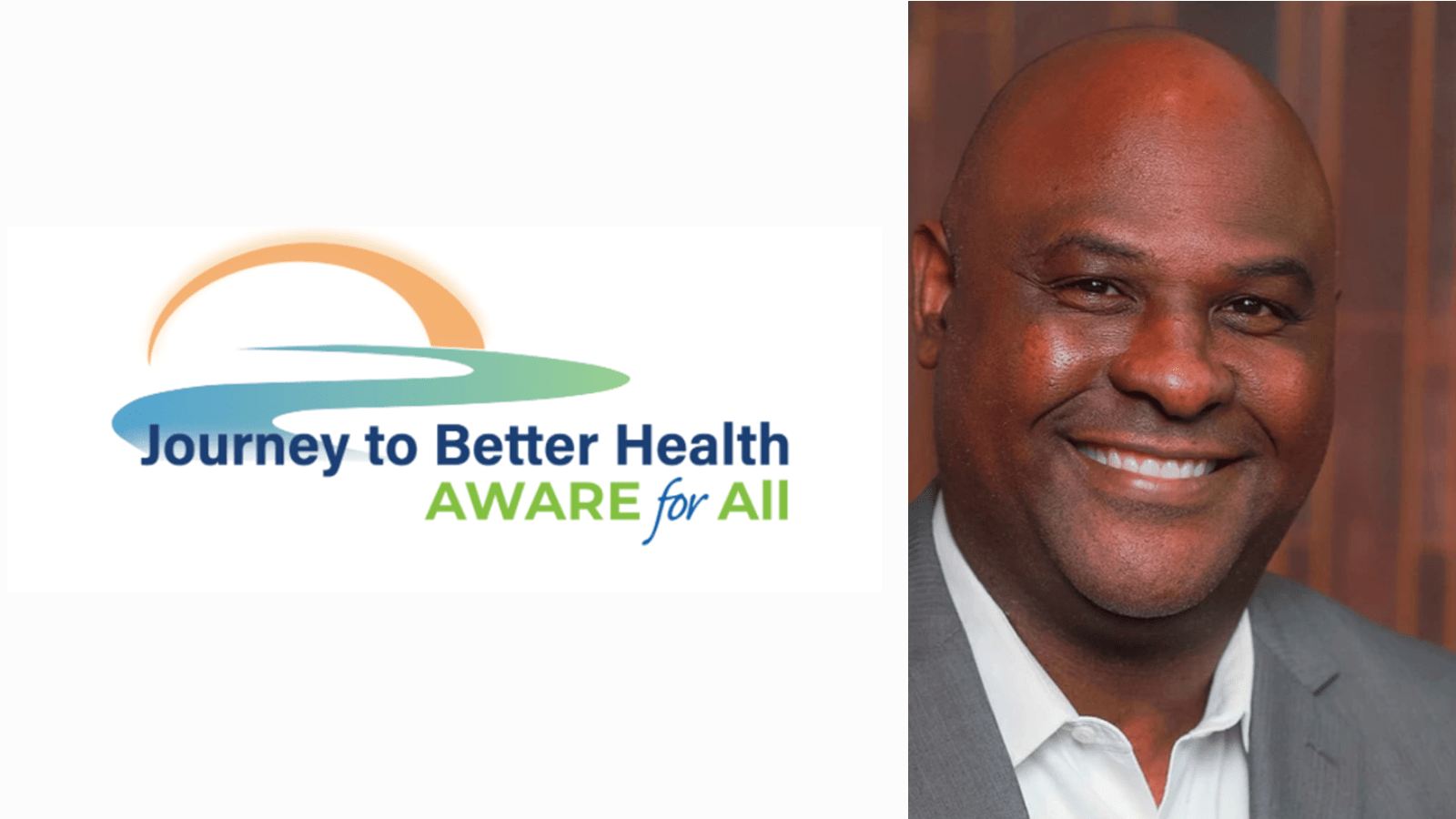Jeh Jeh Pruitt remembers the decision, at age 22, to donate a kidney to his mother, whose health was failing fast.
When he was a match, his mind was made up. She lived 12 more years. Pruitt follows her life lessons still today.
“I’m just a believer that we’re here to help each other. I was raised that way by my Mom,” he said.
Pruitt has been practicing that for a long time in Birmingham, Alabama, where he’s a fixture at WRBC FOX6 News. He began his television career there while still in college and has been on air since 1996. Pruitt appears every weekday morning on Good Day Alabama and is also a sports anchor.
Earlier this year, Pruitt appeared on a panel at Aware for All, a public outreach event to educate people about clinical research trials. CSL Behring sponsors the events, which are held throughout the United States by the nonprofit Center for Information and Study on Clinical Research Participation (CISCRP).
Pruitt’s involvement in clinical trials advocacy goes hand-in-hand with his sense of community. He supports the Alabama Organ Center and he and his wife, Kerri, cofounded the Dannon Project, to help people with addictions who are in recovery; the unemployed and underemployed; at-risk youth and adults; and non-violent offenders reentering society.
Pruitt said he wanted to learn more about clinical trials because diverse populations are less likely to participate in them. That’s understandable because of exploitative research, including the Tuskegee Institute scandal, that occurred from 1932 to 1982. These abuses cast a long shadow but stringent regulations are now in place to protect patient rights and many believe people from diverse communities should be better represented in research.
Clinical research trials have evolved into highly regulated, controlled studies to test whether a medical treatment improves health. Participants must agree to participate and always have the right to leave the study.
Sometimes research studies involve healthy participants, and in fact, Pruitt has already opted in to one of those. When he received a COVID-19 test, he opted into a study being done by the University of Alabama at Birmingham Minority Health & Health Disparities Research Center (MHRC).
“I realized they really need this research and they’re not getting it from people who look like me,” Pruitt said.



